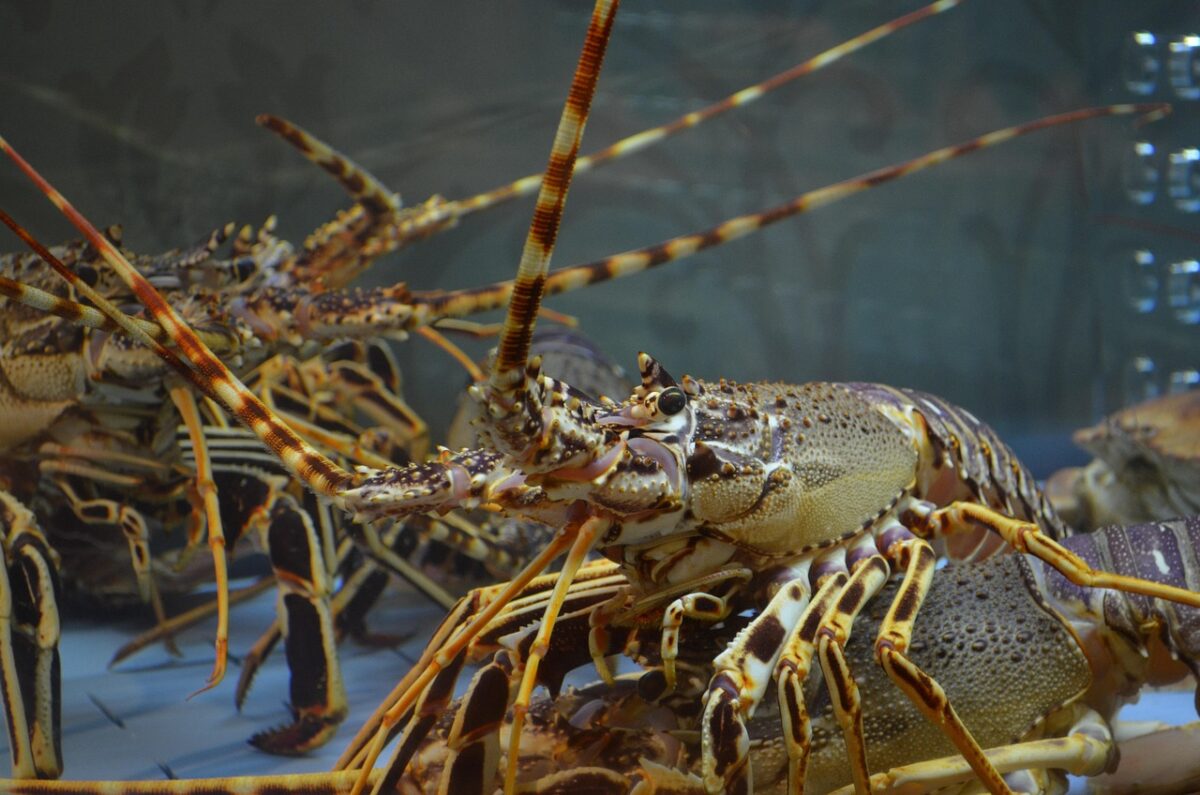Scientists in the United Kingdom are intensifying calls for a ban on the boiling of lobsters and crabs, following claims that these crustaceans may experience pain in ways similar to land animals. A recent study has reportedly provided new insights into the potential sentience of these marine creatures, raising questions about existing practices in the culinary world that some now deem inhumane.
According to a letter penned by a group of researchers, the U.K.’s Welfare of Animals at the Time of Killing (WATOK) legislation makes it illegal to inflict “any avoidable pain, distress, or suffering” on animals recognized as sentient. The scientists argue that lobsters, classified as sentient beings under U.K. law, should not be subjected to the controversial method of being boiled alive, a practice that many consider cruel and unnecessary.
Yet, the very scientists advocating for this ban have been accused of engaging in controversial experiments that allegedly involve subjecting crabs and lobsters to painful stimuli in an effort to establish their capacity for suffering. This has drawn criticism from animal rights advocates who contend that the treatment of these crustaceans in experimental settings could be at odds with the ethical standards the researchers promote in the culinary sphere.
Previous research has suggested that lobsters may feel pain, and some evidence reportedly indicates that they endure significant stress under captivity conditions, including confinement and low oxygen environments. Some studies allegedly indicate that lobsters might experience a heightened sense of pain compared to humans under similar circumstances—such as when exposed to boiling water.
This new push for reform coincides with public outcry over various animal rights issues, especially within the culinary sector. Advocates assert that reducing or eliminating the consumption of crustaceans is one of the most straightforward means to prevent what they describe as “avoidable suffering.” They argue that shifting towards a vegan diet could significantly reduce the potential pain inflicted on these marine creatures.
Beyond the immediate concerns of boiling lobsters, broader questions surrounding fishing practices have also been raised. Reports suggest that human consumption has contributed to the deaths of tens of millions of lobsters and crabs annually, prompting ethical concerns about marine biodiversity and the humanity of current methods of harvest.
Notably, some research suggests that lobsters may possess advanced capabilities, employing complex communication signals and engaging in long seasonal migrations. These findings, as discussed in recent debates, add another layer to the argument against certain treatment practices in the culinary industry.
In light of these discussions, scientists and advocates alike are calling for lawmakers to reassess current regulations surrounding the treatment of crustaceans, suggesting that further protections may be warranted. The debate over advocating for the welfare of these animals while conducting research that allegedly exposes them to distress highlights a complex moral landscape, fueling ongoing discourse on animal rights and ethics.
As this conversation continues, many are left questioning the ethics of consuming shellfish and whether a broader shift towards plant-based diets could represent a more humane approach to dining—one that acknowledges the possibility of suffering among all sentient beings.

